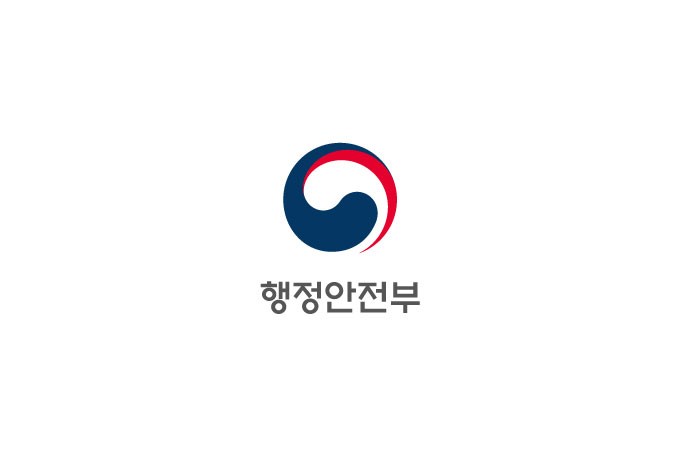The Ministry of the Interior and Safety’s National Archives (Director Lee Yong-cheol) announced on September 2 that it will sign a “Mutual Cooperation Agreement on the Development of Preservation and Restoration Technologies for National Records Using Nuclear Technology” with the Korea Atomic Energy Research Institute (Director Joo Yong-cheol) on September 3 at the Seongnam Branch.
This agreement was pursued as both organizations recognized the need to develop alternative technologies capable of disinfecting damaged records within 48 hours, the golden time for preserving records damaged by disasters.
The National Archives has consistently highlighted the need for restoration technologies to address submersion damage and mold spread caused by heavy rains and typhoons. The Korea Atomic Energy Research Institute has been developing radiation disinfection technology to replace the fumigant Methyl Bromide, which was banned from use in 2018 following the Montreal Protocol of 1987.
Under the agreement, the two organizations will collaborate on ▲ research on the preservation of records using radiation ▲ development and demonstration of disinfection processing equipment for records ▲ preservation and restoration of nuclear history records and training of experts ▲ joint use of facilities and equipment ▲ operation of a mutual cooperation body.
Joo Han-kyu, President of the Korea Atomic Energy Research Institute, commented, “We will work with the National Archives to secure the sustainability of recorded heritage and make K-nuclear technology a solution for the preservation of world documentary heritage.”
Lee Yong-cheol, Director of the National Archives, stated, “South Korea ranks fourth in the world in terms of UNESCO World Documentary Heritage holdings. This agreement will strengthen our efforts to develop technologies for preserving and restoring recorded heritage that can promptly respond to disaster damage such as climate change.”
